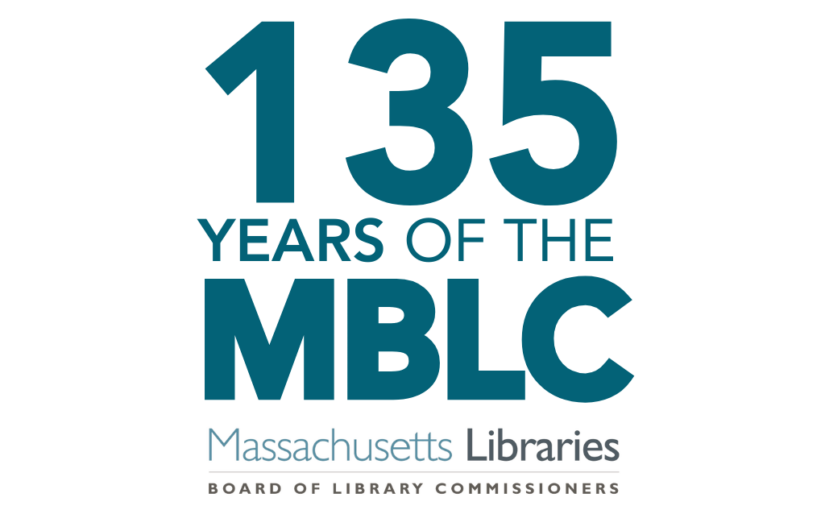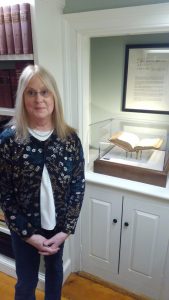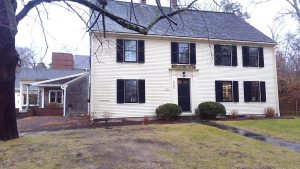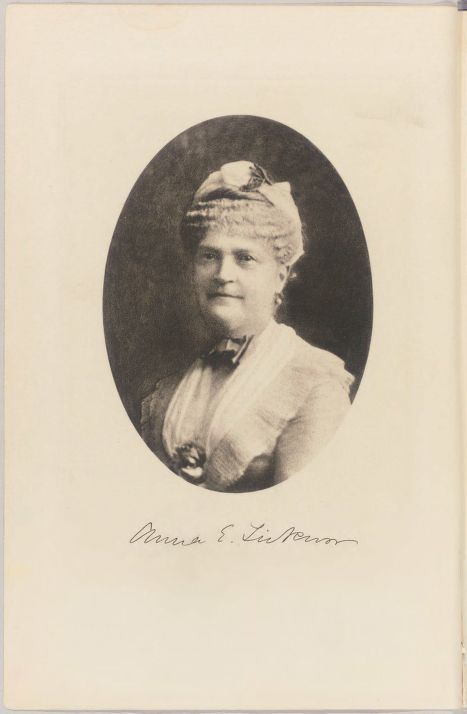
Anna Eliot Ticknor (of Boston, June 1, 1823 – October 5, 1896) was an educator, who launched the first correspondence school in the United States, and pioneered public libraries in Massachusetts. She was a founding member of the Massachusetts Free Public Library Commission, known today as the MBLC, and served from 1890 until her death in 1896.
- How did Commissioner Ticknor champion libraries in Massachusetts?
“Her familiarity with the intellectual possibilities of the home and the best methods and means of stimulating and meeting them, her appreciation of the free public library as an educational force, together with her experimental knowledge of the practical results that can be accomplished by simple and direct methods, made her judgment of especial value in outlining and crystallizing the work of the commission.” (Meeting Minutes and Report of the Commission, 1896)
- How did Anna Eliot Ticknor’s work challenge the cultural, social, or political norms of the early 1900s?
Anna Eliot Ticknor was passionate about educating women in a time when women faced many obstacles pursuing higher education and intellectual endeavors. “… she was desirous to gratify, if possible, the aspirations of the large number of women throughout the country who would fain obtain an education, and who had little, if any hope of obtaining it.” (Samuel Eliot, 1897)
By providing women with the opportunity to pursue education via correspondence courses, Ticknor empowered women by expanding their intellectual horizons and challenging prevailing gender norms that confined women’s roles to domestic spheres. Ticknor fostered a community of learning and intellectual growth that paved a path for the broader movement towards gender equality in education. In fact, within two years of founding the Society to Encourage Studies at Home, Smith and Wellesley Colleges would be established (Bergman, 2011).
She and Elizabeth Sohier Putnam, another founding Commissioner, were the first women appointed to a United States public commission when they were appointed to the Massachusetts Free Public Library Commission in 1890.
- What personal experiences shaped Anna Eliot Ticknor’s tenure as a library Commissioner?
Ticknor was highly educated and believed it was her responsibility to share her advantages with others, with the free public library holding a pivotal role in adult education. Her Society to Encourage Studies at Home was “designed to draw on the intellectual attainments of Ticknor’s leisured and wealthy friends to further the education of women throughout the country…Ticknor and her friends wanted to give away what men had long refused to allow women to buy: a liberal education.” (Bergmann, 2001)
- How does Anna Ticknor’s impact still resonate in today’s libraries, and what can we learn from her legacy?
Ticknor’s work laid the groundwork for modern distance learning programs – she and the Society are cited in some Library and Information Science textbooks – and emphasized the importance of accessible education for all.
Libraries today continue to draw inspiration from her legacy by offering diverse educational resources and learning opportunities, embracing her vision of inclusive and lifelong education. From her and the Society’s legacy, we can learn the value of adaptability and the importance of creating learning opportunities that transcend traditional boundaries, ensuring education is available to everyone regardless of circumstances.
The literary interests of Anna and her father, George, also inspired the founding of The Ticknor Society, an organization of book collectors, booksellers, librarians, historians, archivists, conservators, printers, publishers, writers, and all lovers and readers of books that “recognizes that both father and daughter were instrumental in making books widely accessible in The Commonwealth of Massachusetts.”
- An MBLC Favorite Quote about Commissioner Anna Eliot Ticknor:
“It will be seen that she was a teacher, an inspirer, a comforter and, in the best sense, a friend of many and many a lonely and baffled life.” (Samuel Eliot, 1897)
Do you know a librarian that reminds you of Ticknor? The Anna Eliot Ticknor Award honors a Massachusetts librarian whose work has increased residents’ access to the wealth of resources held at libraries across the Commonwealth.
Learn more about Anna Eliot Ticknor and her pioneering spirit below!
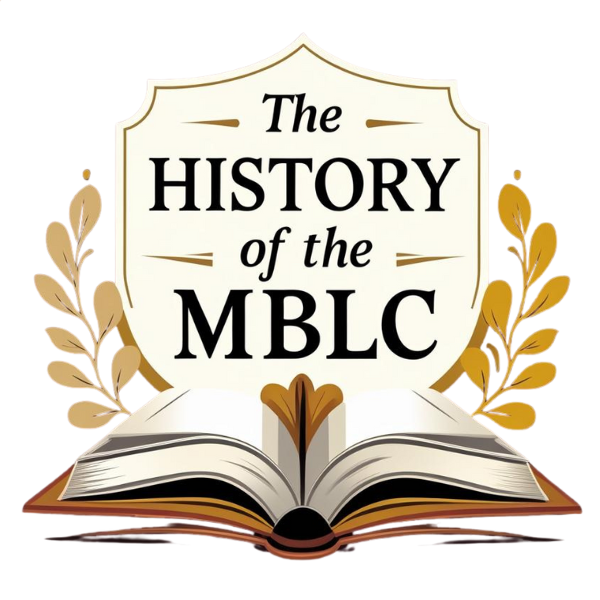
Anna Eliot Ticknor, An Education and Public Libraries Pioneer
By MBLC Preservation Specialist Jessica Branco Colati
Anna Eliot Ticknor (June 1, 1823–October 5, 1896), of Boston, served as a founding commissioner of the Free Public Library Commission of Massachusetts from 1890 until her death in 1896. Ticknor was considered a “Boston Brahmin”, growing up in a prominent, well-traveled, highly-educated, and literary-minded family. She was an author and early proponent of distance learning, especially for women to continue their education while carrying out their wifely and motherly duties at home. She also gave voice to the role libraries could play in educating the public.
Anna was born in Boston in 1823 to parents George Ticknor, a Harvard professor of modern languages and one of the founders and early presidents of Boston Public Library. Her mother, Anna (Eliot) Ticknor, came from an extended family that included presidents of both Harvard and Trinity (CT) Colleges and poet and playwright T.S. Eliot. She regularly hosted her husband’s distinguished colleagues, literary figures including Charles Dickens and Henry David Thoreau, and other notable family friends, at the family’s Beacon Hill home or when traveling abroad.
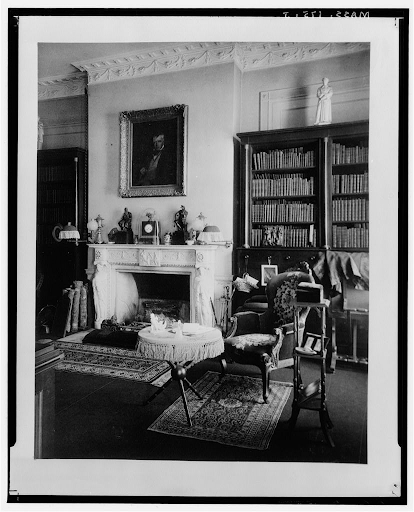
Surrounded by books, artwork, academics, and authors from an early age, Anna wrote some volumes of her own, including a few articles, a biography of family friend, “Life of Joseph Green Cogswell as sketched in his letters”, and, in 1869, a travelogue for young(er) readers, “An American family in Paris; with fifty-eight illustrations of historical monuments and familiar scenes.”
The work that consumed most of her adult life was, however, Anna’s founding of the “Society to Encourage Studies at Home” in 1873. She filled many operational roles for the organization simultaneously, championing its work and recruiting many of her Boston high society friends and connections to join her in its efforts.
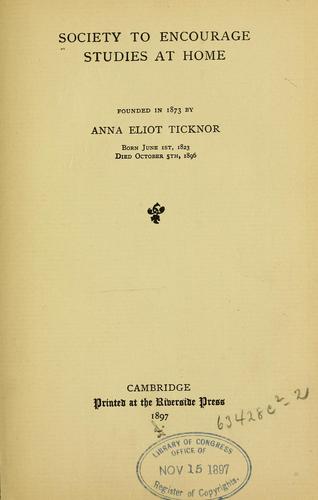
The Society is considered to be the first correspondence school in the United States, consisting of a network of women teaching women a formal course of study by mail. Her purpose in founding the Society was for “the improving the character, increasing the resources of the home” by making available “an enlightened modern curriculum; a lending library; and a warm correspondence between woman teacher and woman learner.”
Anna and the Society were true pioneers in American higher education for women, predating the founding of Smith College and Wellesley College by a few years. By 1896, the Society had remotely supported the continuing education of over 7000 students and engaged almost 200 instructors for its courses during its 23 years.
Anna was already 68 years old when she was appointed by Governor Brackett to be one of the first members of Massachusetts’ Free Public Library Commission. She was appointed to a one-year term to stagger the terms of the Commission’s board members, then reappointed for a full five-year term in 1891. She died on October 5, 1896, at her summer home in Newport, Rhode Island.
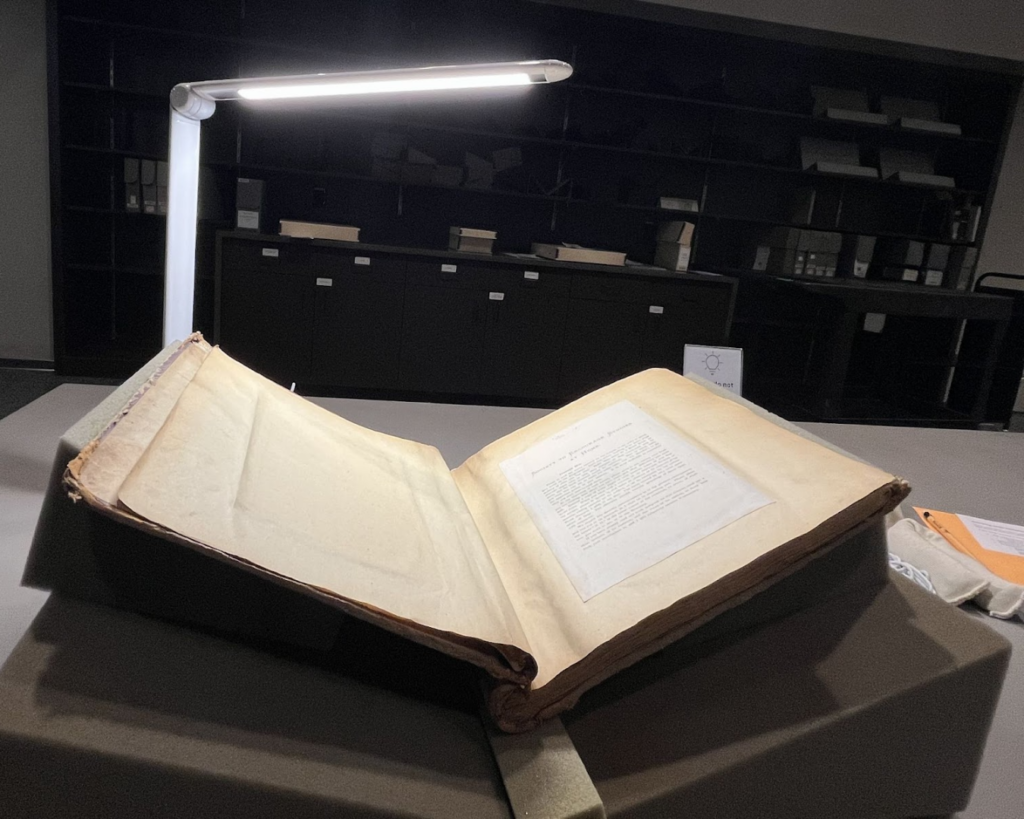
Author’s Note: While most of the sources for our expanded profile of Commissioner Anna Eliot Ticknor can be found online or in the MBLC Archives (follow the links in the text above to dive deeper into Anna’s many experiences and accomplishments!), the records of the Society to Encourage Studies at Home are held by the Boston Public Library and are not fully digitized.
They are available to researchers by visiting BPL’s Archives and Special Collections or requesting materials be digitized for remote personal consultation.
The History of the MBLC is a new, recurring series of blog posts highlighting the people, organizations, initiatives, and events that have shaped the work of the Massachusetts Board of Library Commissioners and its impact on libraries across the Commonwealth since its founding in 1890. Posts are authored by Jessica Branco Colati, Preservation Specialist (in her role as agency archivist) and June Thammasnong, Communications Specialist, as well as other occasional authors. External links to primary and secondary sources accessible online are included in the blog posts. The first group of posts will highlight the founding Commissioners in the lead up to the agency’s 135th Anniversary.
